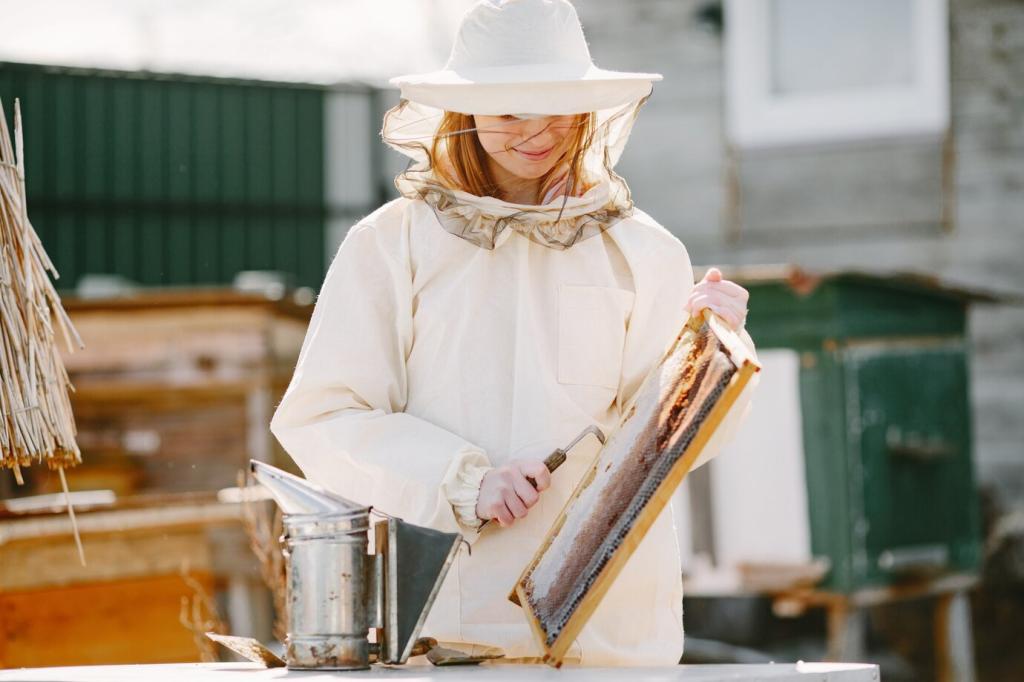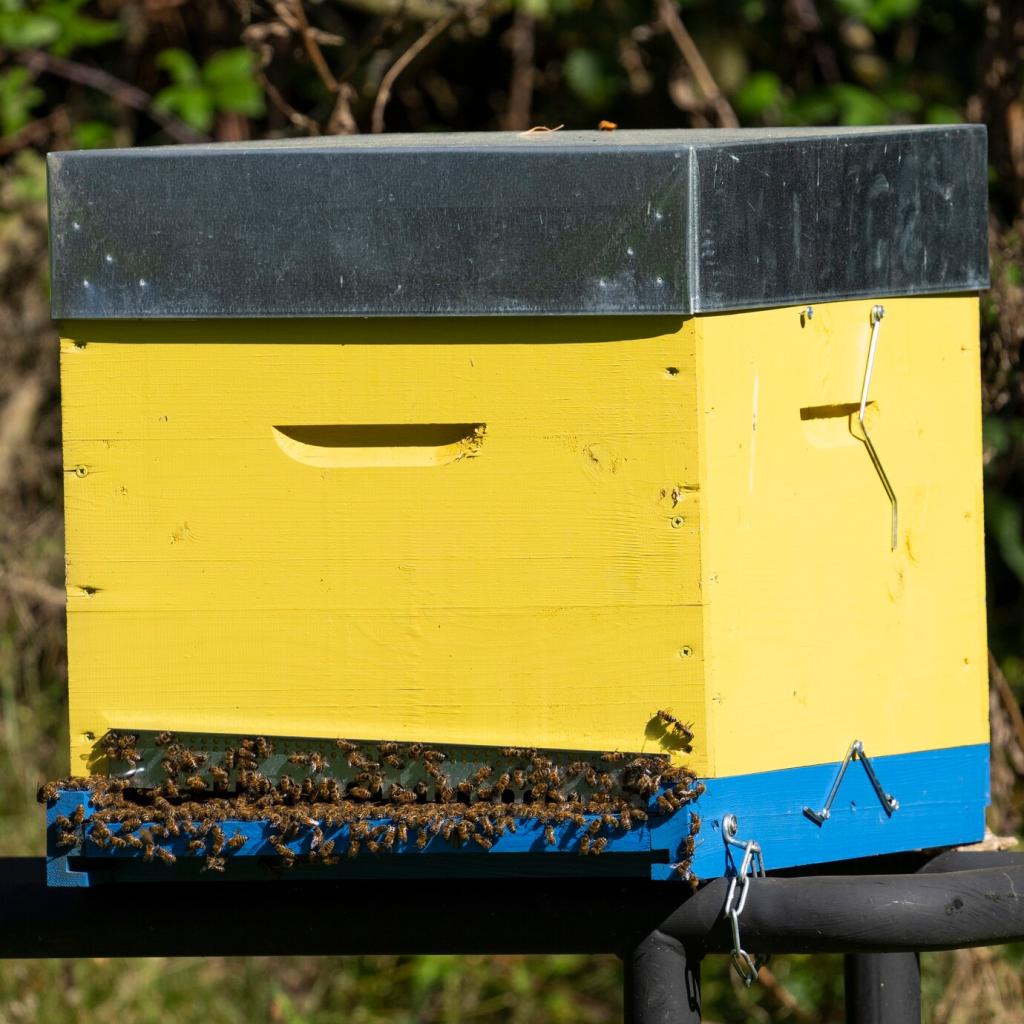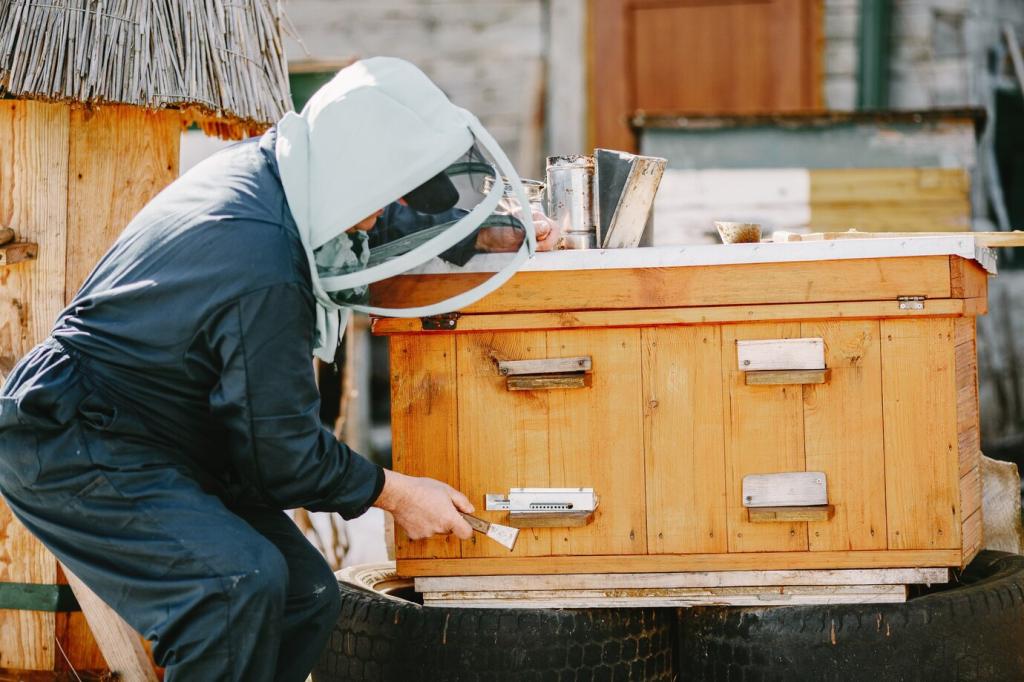
The Role of Urban Beekeeping in Pollination and Crop Yields
Urban beekeeping has emerged as a significant movement within cities, transforming rooftops, community gardens, and backyards into sanctuaries for honeybees. This practice extends far beyond hobbyist interests; it is increasingly recognized as a pivotal force in ecological sustainability. By fostering thriving bee populations within metropolitan areas, urban beekeepers contribute not only to local honey production but also to enhanced pollination services and improved crop yields. Understanding the multifaceted impact of urban beekeeping offers insights into how cities can evolve into productive landscapes and play an active role in global food security.
The Pollination Power of Urban Bees
Honeybees in cities demonstrate remarkable flexibility by utilizing an array of flowering plants found in parks, gardens, and even roadside verges. Unlike intensively farmed areas where monocultures can limit floral diversity and bee nutrition, urban environments typically support a range of flowering species year-round. This diversity benefits bee health, enabling steady foraging opportunities that contribute to their overall resilience and activity as pollinators.

Enhancing Yields in Urban Agriculture
Pollinator presence is directly correlated with increased yield and quality for many urban-grown crops, including tomatoes, berries, apples, and various herbs. Honeybees facilitate effective pollen transfer between blossoms, leading to more consistent and abundant fruit set. Studies in major cities have found that gardens and urban farms with managed hives enjoy higher production volumes and superior crop quality, demonstrating the critical link between bee activity and urban food system resilience.

Urban Beekeeping and Environmental Education
Engaging City Residents in Conservation
Urban hives provide a tangible way for residents to learn about bee biology, behavior, and the broader importance of pollinators. Educational initiatives around beekeeping workshops and apiary tours create opportunities for city dwellers to engage hands-on and foster a stewardship mindset toward urban wildlife. As more people become aware of pollinator needs and threats, communities grow more invested in protecting and enhancing green spaces.
Inspiring Urban Youth
School partnerships and youth-oriented beekeeping programs are introducing the next generation to environmental science and food production. Participation in beekeeping enables students to observe complex ecosystems in action, developing practical skills and a sense of scientific curiosity. This early exposure often sparks lifelong interest in sustainability topics, empowering young people to become advocates for pollinators and urban ecology.
Linking Beekeeping with Broader Sustainability Goals
Urban beekeeping is increasingly integrated into sustainability agendas, aligning with goals such as biodiversity conservation, climate adaptation, and food justice. By highlighting the intersection of bee health, urban food systems, and environmental stewardship, beekeeping initiatives support broader education campaigns and inspire unified action across diverse sectors in the city.
